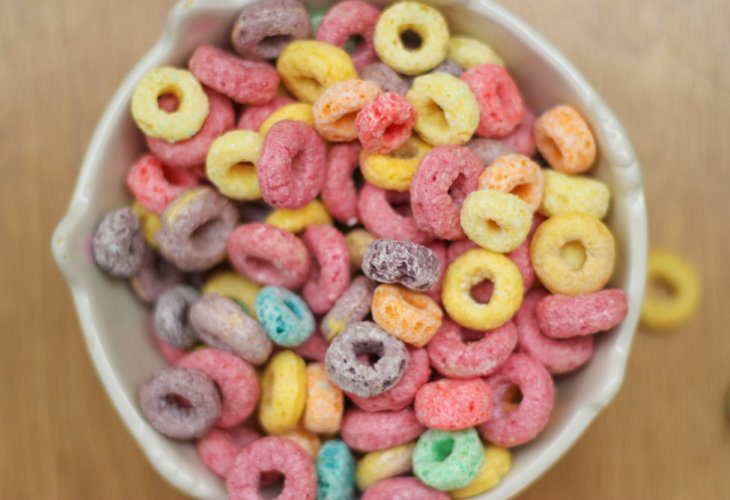Health and Nutrition
The Hidden Dangers of Ultra-Processed Foods: What You Need to Know
How processed ingredients impact your weight, heart health, gut bacteria, and risk of early aging
 (Photo: shutterstock)
(Photo: shutterstock)It's no surprise that processed food isn't healthy, but what are the consequences of eating it regularly, especially in large amounts? What does the term ultra-processed food really mean? Clinical dietitian Noga Presman Tal explains the meaning of this term, and what you should watch out for before you take your next bite.
The 4 Levels of Food Processing:
Unprocessed or Minimally Processed Foods: These include foods that haven’t undergone any processing beyond grinding or freezing and contain no additives. Examples: fresh fruits and vegetables, avocados, raw tahini, unsweetened dried dates, etc.
Basic Food Ingredients: Staple items such as oils (olive, sunflower, canola, etc.), sugar (white or brown), salt, and spices.
Foods Made from Raw Ingredients + Basic Additions: These are dishes prepared from scratch at home, restaurants, or even in food factories without additives. Examples: soups (without bouillon), baked chicken or fish, couscous, meatballs, cooked or stir-fried vegetables, and even homemade schnitzel.
Ultra-Processed Foods: These include industrial ingredients like artificial sweeteners, food extracts, stabilizers, and artificial flavors, colors, and aromas. "These foods usually come pre-packaged and require little or no preparation — like adding boiling water or microwaving," writes Presman Tal. "Their flavor enhancers, fat, sugar, and salt content lead us to eat more than we need, and their easy availability encourages unnecessary snacking."
Because these foods lack dietary fiber, they don’t create a lasting feeling of fullness, and you end up feeling hungry again soon after.
Why Do People Eat More Ultra-Processed Food?
People from lower socioeconomic backgrounds tend to consume more ultra-processed foods and fewer whole grains, fruits, and vegetables, mainly because processed foods are cheaper.
Health Risks of Ultra-Processed Foods:
Weight Gain: These foods are high in calories and low in fiber, leading to overeating and obesity.
Chronic Diseases: Regular consumption increases the risk of conditions like diabetes and heart disease.
Gut Health: These foods negatively affect the gut microbiome, which is essential for immune function and overall health.
Increased Illness and Premature Aging: Presman Tal notes that studies have linked high consumption of ultra-processed food to increased risk of various cancers and early aging.
Higher Mortality Risk: A U.S.-based study found a correlation between frequent consumption of ultra-processed meals and increased risk of death.
Must You Eliminate All Ultra-Processed Foods?
"Of course, a healthy diet should include as little processed and ultra-processed food as possible," she says. "But some ultra-processed items such as certain breakfast cereals, also contain beneficial nutrients such as fiber, vitamins, and minerals."
Disclaimer: This article does not constitute professional medical advice or replace consultation with a healthcare expert.

